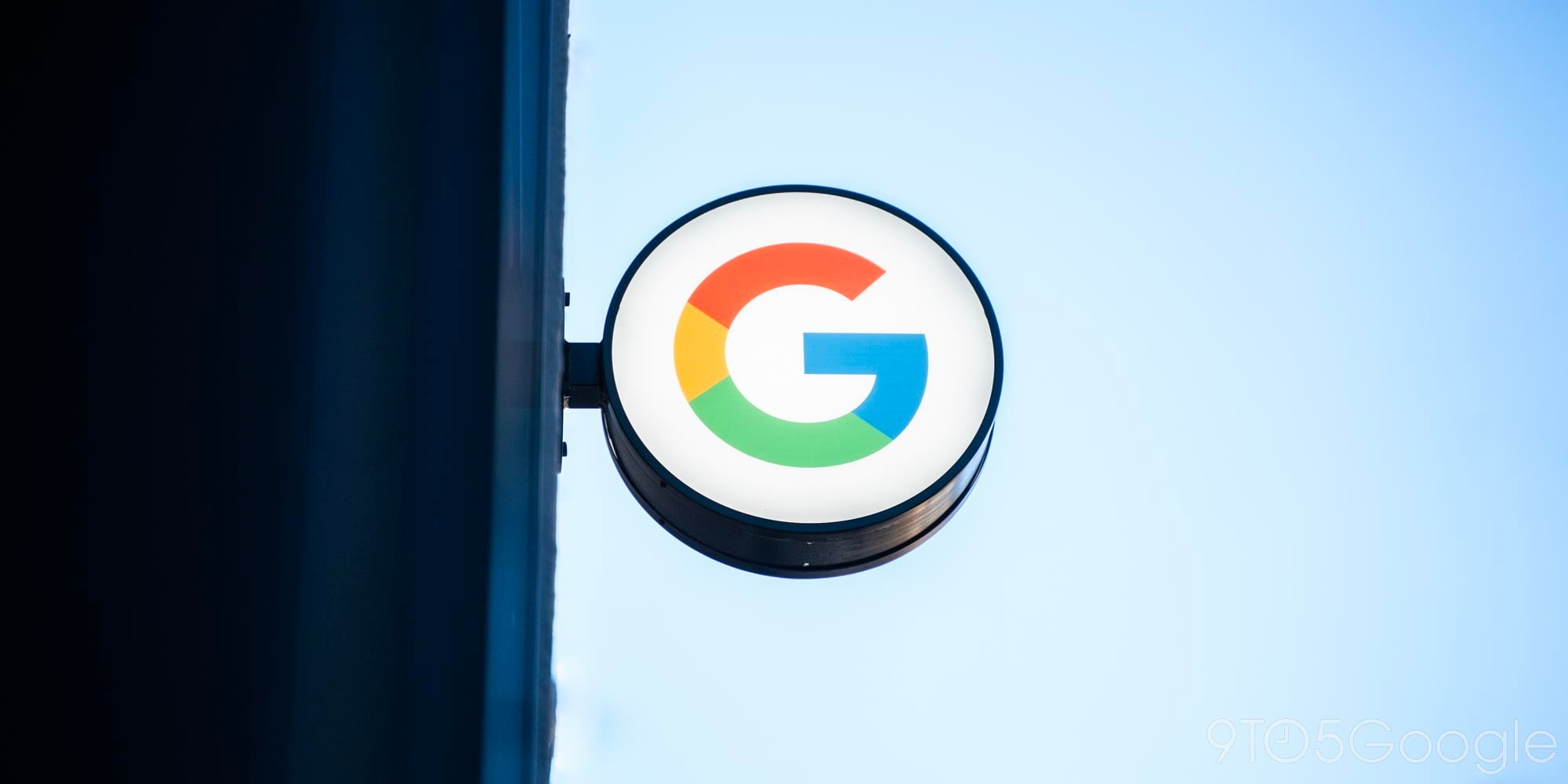
Google has updated its developer content policy on the Google Play Store to immediately ban any applications that sell or help assist in the sale of marijuana or products containing THC.
[Update 07/01]: According to Android Police, Eaze has now removed all in-app purchases to comply with the new policies. Instead of allowing you to make your marijuana purchase from within the application, it directs you to Eaze.com to complete the transaction.
This does mean that the app now simply acts as a vessel for you to view the Eaze product inventory. It does kind of make the app a little defunct as a result — it’s now much quicker to simply browse the mobile site instead.
The updated policy now states that applications that help users buy or allow users to order marijuana products will now be removed. Here is the updated marijuana policy, as per the Play Store developer guidelines:
Here are some examples of common violations:
- Allowing users to order marijuana through an in-app shopping cart feature.
- Assisting users in arranging delivery or pick up of marijuana.
- Facilitating the sale of products containing THC.
In a statement to Android Police, Google stated that applications like the popular Eaze and Weedmaps will only need to remove the shopping cart flow from within their applications to comply with the new rules.
These apps simply need to move the shopping cart flow outside of the app itself to be compliant with this new policy. We’ve been in contact with many of the developers and are working with them to answer any technical questions and help them implement the changes without customer disruption.”
It’s worth noting that, in the US, marijuana still remains a controlled substance that is regulated by the federal government. As such, it remains a felony to buy or sell the drug, even if a state says that it is ‘legal’. Many US dispensaries remain cash only, due to the nature of banking issues surrounding drug money laundering. Of course, federal law supersedes individual state laws.

Reading between these lines, this is most definitely a way of Google removing the risk from their own platform. Instead, it is up to the app developers to provide safe payment and ensure users can still access their services without being ‘in application’.
Google also confirmed to AP that they would be working with various app developers such as Eaze and Weedmaps to ensure that their applications comply with these new Play Store marijuana rules.
More on the Google Play Store:
- Google Play’s Rewarded Products format lets Android gamers watch ads to earn in-app items
- Google handing out $1 Play Store credits to some users to celebrate 7-year anniversary
- Play Store’s machine learning based anti-spam system removes millions of reviews per week
FTC: We use income earning auto affiliate links. More.





Comments